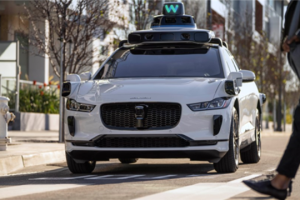April 2, 2025 – A groundbreaking study unveiled at a European Central Bank (ECB) conference today reveals that artificial intelligence (AI), despite posing significant challenges in the initial stages of integration, holds the potential for long-term growth and development for companies that successfully navigate its transformative impact.
The research team, delving into data from the U.S. Census Bureau and survey results spanning from 2017 to 2021, uncovered a surprising trend in the manufacturing sector. Firms that were early adopters of AI experienced a temporary decline in productivity, primarily due to the replacement of human workers with robots.
This finding contradicts the prevalent narrative that AI universally enhances efficiency and, in many instances, augments employment rather than replacing human roles.

Christina McHerlan, the author of the paper, highlighted during the conference that the “short-term challenges are substantial.” The productivity downturn stems from AI’s disruption of traditional manufacturing operations, such as lean inventory management practices.
However, over time, these same companies outperformed their peers in sales growth, productivity, and employment, contingent upon their ability to weather the initial turbulence. “Survival is key,” she emphasized.
McHerlan also noted that older, larger enterprises often struggle with this transition, failing to realize similar growth. Her team analyzed data from 30,000 companies during a period where AI adoption rates rose from 7.5% to 9.1%.
In her opening address at the conference, ECB President Christina Lagarde mentioned that between 23% and 29% of European workers face significant disruptions due to AI. Yet, she assured that this does not herald an “employment crisis,” as new jobs are likely to emerge concurrently with the displacement of old ones.












